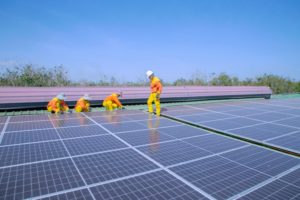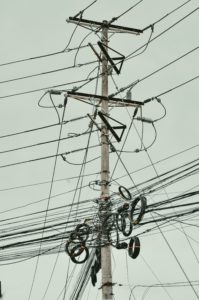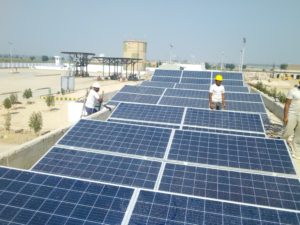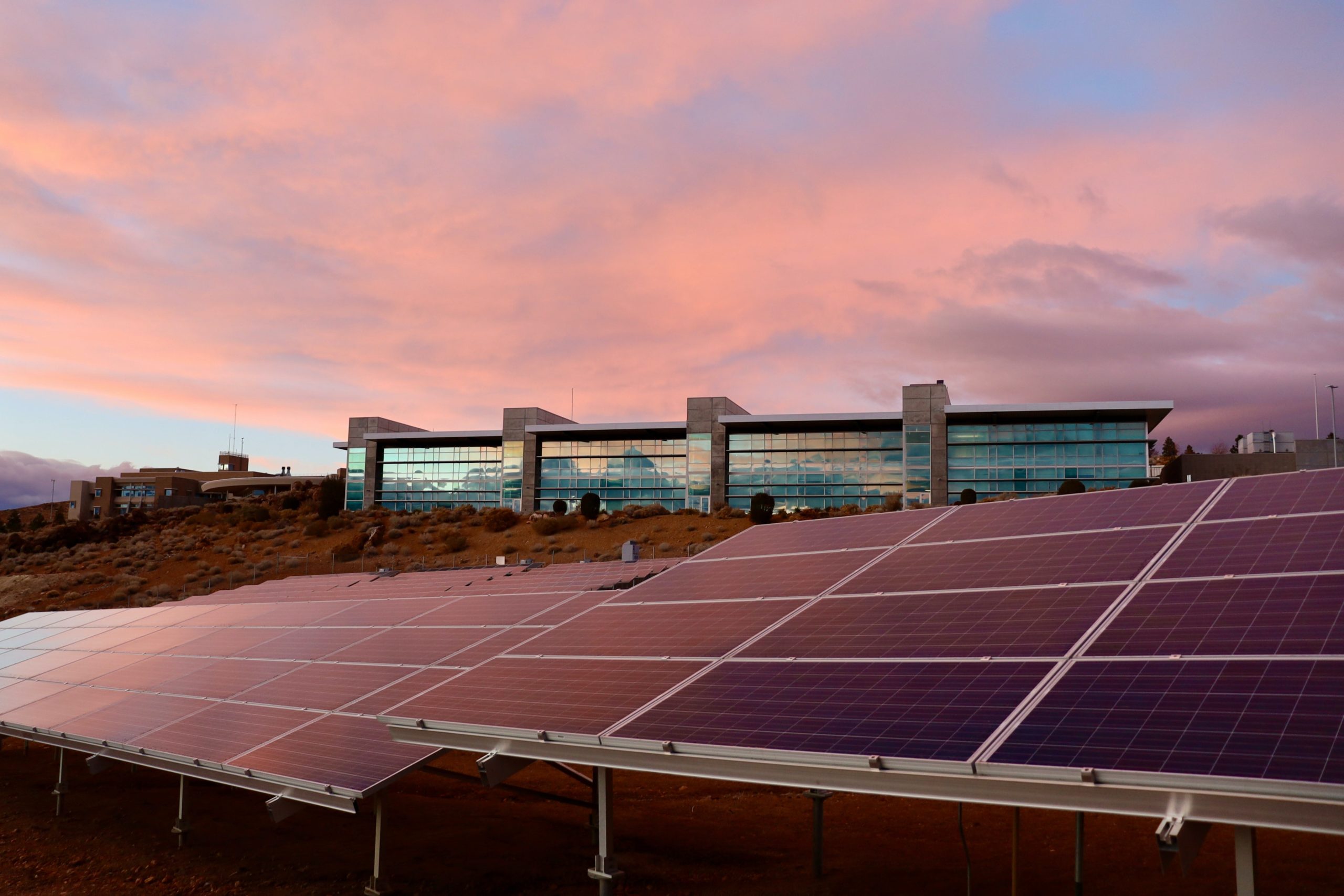About the webinar
International aid & health sector – Which partnerships, services and expertise to develop to deploy solar energy widely?
Based on presentations by Electriciens Sans Frontières, UNITAR and Doctors Without Borders, the aim is to show that solar energy can be deployed at a large scale to cover the essential needs of international aid organisations. The types of partnerships, services and expertise needed for deployment will be discussed with the speakers.
This second webinar dedicated to solar energy follows on from the webinar organised on 17 January with speakers from Build Health International and SolarAid, a replay of which is available here
When and where?
February 28, 2023 (Tuesday) | 1.00 – 2.30 pm (CET Geneva time)
Online
Speakers
- Iñaki Goicolea, Energy and HVAC Team Leader of Médecins Sans Frontières Belgique – MSF Belgium is a medical humanitarian organisation operating in over 70 countries. The organisation provides quality medical care to victims of natural disasters, epidemics or armed conflicts. In addition to medical assistance, MSF Belgium also provides water, food, shelter or emergency facilities to populations in precarious situations. MSF uses solar energy in a number of its field facilities. MSF has developed in-house expertise in this area.
- Tania Chauvin, Senior Project Manager of Electriciens Sans Frontières – ESF is an international solidarity NGO created in 1986. ESF has acquired extensive experience in implementing electricity and water access projects in developing countries. With the support of 1,200 volunteers and in partnership with local actors, ESF promotes economic and human development using renewable energy. ESF is directly involved in about 40 countries and runs an average of 120 projects per year. More than 90% of ESF’s development projects involve the deployment of renewable energy.
- Mark Gibson, Operational Lead of the Global Platform for Action, United Nations Institute for Training and Research – UNITAR is the training arm of the United Nations, established in 1963. It provides learning and capacity-building solutions to individuals, organisations and institutions to improve global decision-making and support national action. UNITAR promotes renewable energy as a service and highlights partnerships with private energy providers.
Missed the webinar? Watch the recording below or watch directly on our YouTube channel!
Watch the replay
Objectives and stakes
The objective of the webinar is to show that it is possible to generalise the use of solar photovoltaic energy by international aid and health organisations, and thus reduce the use of fossil fuels.
The energy needs of aid actors vary according to the sites and contexts (headquarters/field of intervention, stable or not). Responses need to be adapted to different situations. Specific options can be put in place: power purchase agreement, grid-connected or independent system, internal or external maintenance, capacity and services.
The aim is to present the different but complementary approaches of Electriciens Sans Frontières, UNITAR and Doctors Without Borders where solar expertise is sometimes in-house and sometimes outsourced.
Download presentation
Webinar – How to widely deploy and make solar energy last in the international aid and health sector?
Energy and buildings

Energy consumption of buildings

Renewable energy

Cover photo © Manny/Pexels.
